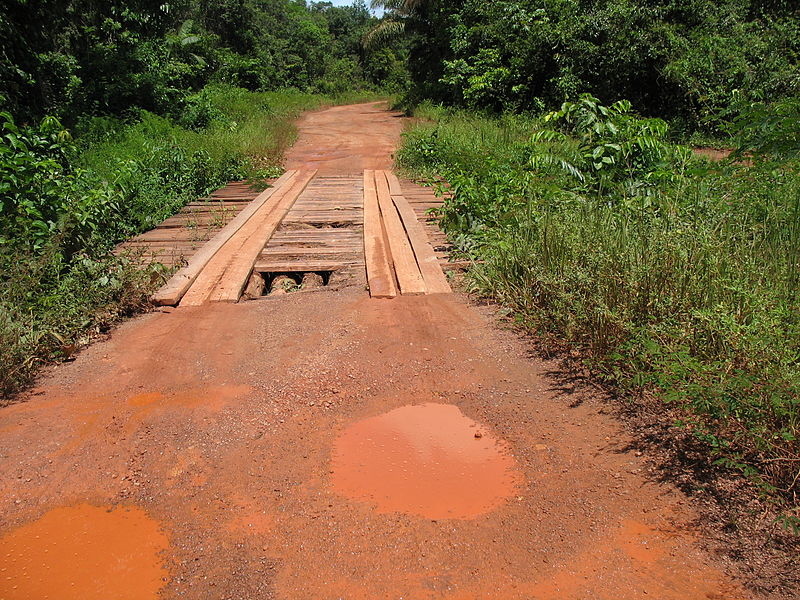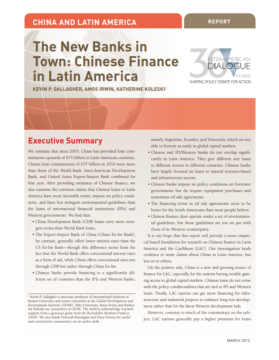The Politics Of Disaster Relief
After a 7.0 magnitude earthquake struck Haiti, the aftershock reached China in ways that few anticipated.The earthquake forced Chinese leaders to navigate the tricky politics of disaster relief.
This post is also available in: Español
Much has been made of China’s remarkable inroads into Latin America over the past two decades, and with good reason. In 2017 alone, China exported $140 billion in goods, spent about $17 billion on mergers and acquisitions, and provided $9 billion in state finance to the region. In addition to announcing some new investment initiatives in Peru and Brazil in recent months, Beijing also recruited two new political allies—Panama and the Dominican Republic—from Taiwan’s dwindling diplomatic partners in the region.
Now, as Latin America is gradually incorporated into China’s Belt and Road Initiative (BRI)—Chinese President Xi Jinping’s signature, connectivity-based foreign policy—governments are increasingly looking to China to address the region’s glaring infrastructure deficit. The hope is that Chinese state banks, such as the China Development Bank and China Export-Import Bank, or other China-backed financial platforms, such as the $40 billion Silk Road Fund or Asian Infrastructure Development Bank, can provide some of the estimated $300 billion per year needed to modernize the region’s infrastructure in the next decade.
However, if history is any indication, China’s commitment to Latin American infrastructure development is unlikely to result in a slew of mega-projects in the coming years. Transport and energy sector construction has been a primary focus of Chinese engagement with Latin America for more than a decade, and is a centerpiece of Chinese policy toward the region. Even so, Chinese firms and financiers only rarely deliver operational infrastructure in Latin America, despite relatively deep pockets and considerable appetite for risk.
[...]
After a 7.0 magnitude earthquake struck Haiti, the aftershock reached China in ways that few anticipated.The earthquake forced Chinese leaders to navigate the tricky politics of disaster relief.
Estimates of the volume, composition, and characteristics of Chinese lending to the region since 2005.
Despite reports in recent months that Mexican manufacturing is experiencing a resurgence, Mexico’s industrial sector faces tremendous challenges.
 Wikimedia / CC0 1.0
Wikimedia / CC0 1.0
